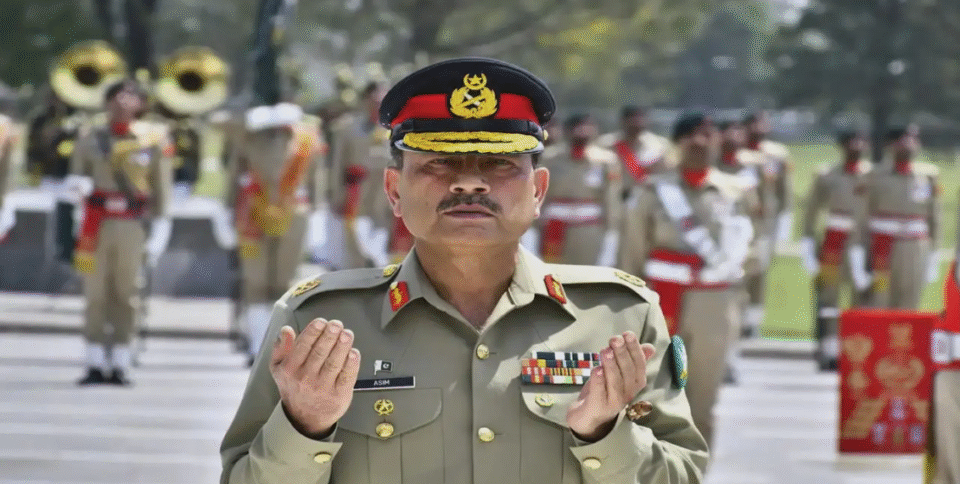ISLAMABAD, Aug 7: Pakistan’s powerful army chief General Asim Munir is expected to travel to the United States this week for high-level consultations with American officials, marking his second visit to Washington since the brief four-day border conflict with India.
According to Dawn, official sources confirmed that Munir’s visit will focus on strengthening defence and strategic cooperation. While the Pakistani military has not officially announced the itinerary, sources suggest meetings are scheduled with top U.S. defense and intelligence officials.
This visit follows Munir’s rare five-day trip to the U.S. in June, where he reportedly attended a private luncheon hosted by former President Donald Trump. That meeting, which drew international attention, concluded with Trump publicly signaling stronger U.S.-Pakistan collaboration across multiple sectors, including a potential oil agreement.
Munir, who holds the rank of Field Marshal, is seen as a central figure in Pakistan’s civil-military balance of power. His back-to-back visits to Washington reflect Islamabad’s efforts to reset its ties with the U.S. amid shifting global dynamics and deepening regional tensions.
Washington has long viewed Pakistan’s military as the most stable institution in the country, especially during periods of political upheaval. Munir’s diplomatic outreach comes at a time when Pakistan is navigating economic stress, political uncertainty, and evolving regional alignments involving China, India, and the Gulf.
While neither the U.S. nor Pakistan have officially disclosed the full agenda, defence cooperation, counterterrorism, and energy security are expected to dominate the discussions.
This second visit underscores how Pakistan’s military leadership continues to be the primary interlocutor for strategic engagements with Washington — even as Islamabad’s civilian leadership deals with internal crises ahead of national elections.

